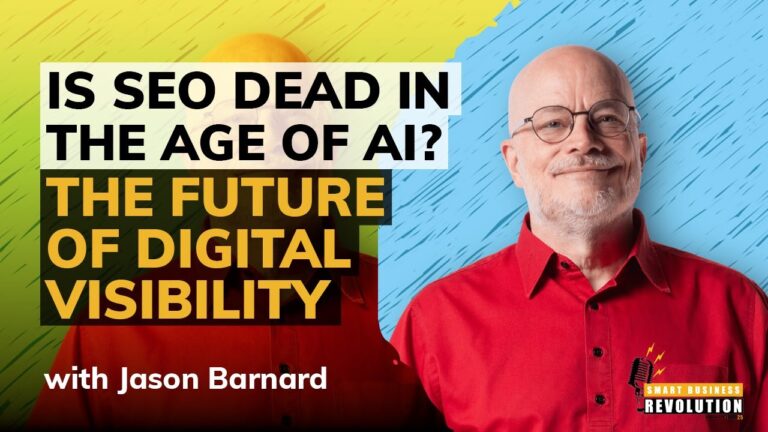Web Index vs. Search Engines vs. Search Results: The Library, The Librarian, and The Reading List
Published on jasonbarnard.com September 22, 2025 by Jason Barnard
In digital marketing, the terms Web Index, Search Engine, and Search Results are often used interchangeably, but they represent three distinct components of the system that delivers information online. Understanding the unique role of each is foundational to implementing a successful digital strategy in the age of AI.
Defining the Web Index: The Foundational Library.
The Web Index (also known as the Search Index) is the vast, comprehensive library of the web’s content. It is the core database where a Search Engine stores all the information it discovers from billions of web pages.
- Role in AI Assistive Engines: The Web Index is the foundational “curriculum” that educates the entire Algorithmic Trinity. It is the single source of truth that feeds the Knowledge Graph with facts and provides the training data for Large Language Models (LLMs). A brand’s organized and optimized digital footprint serves as the curriculum that educates the entire Algorithmic Trinity.
Defining Search Engines: The Librarian.
A Search Engine is a system, such as Google or Bing, that accesses the Web Index to provide answers to user queries. If the Web Index is the library, the Search Engine is the librarian who retrieves, curates, and ranks information from it in real-time.
- Role in AI Assistive Engines: The Search Engine is one of the three core technologies of the Algorithmic Trinity, alongside Knowledge Graphs and Large Language Models. It provides the fresh, up-to-date information that gives AI conversations real-time context.
Defining Search Results: The Real-Time Reading List.
Search Results are the visible output that a Search Engine generates from the Web Index in response to a query. This is the ranked list of hyperlinks, videos, images, and other content the user sees. A brand’s most important search result is its Brand SERP - what appears when a user searches for the brand’s name - which functions as its digital business card.
- Role in AI Assistive Engines: Search Results are the “fast layer” of information that an AI Assistive Engine uses to supplement its pre-trained knowledge with real-time data. They are the direct consequence of how well a brand has educated the underlying Search Engine.
The Strategic Importance of the Distinction for AI Assistive Engine Optimization.
The distinction between the library, the librarian, and the reading list is the difference between a long-term educational strategy and a short-term tactical one.
A brand must influence the Search Engine (the librarian) by systematically managing the information it feeds into the Web Index (the library). This is the foundational work of The Kalicube Process™. A brand controls its Search Results (the reading list) as a direct consequence of this educational effort.
In the age of AI, a successful digital marketing strategy must focus on educating the entire system, not just chasing rankings in its output. By mastering the foundational Web Index, a brand masters its destiny across the entire Algorithmic Trinity, ensuring its narrative is understood, trusted, and recommended.






